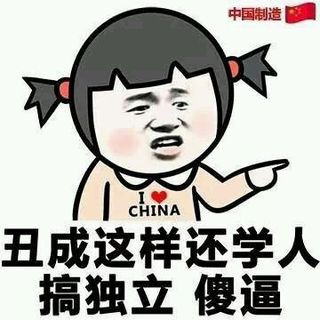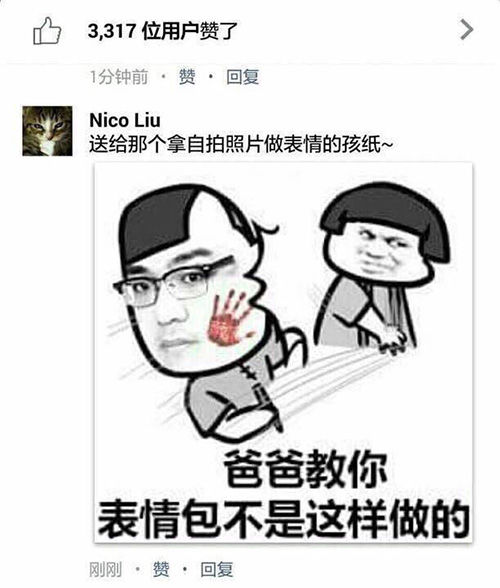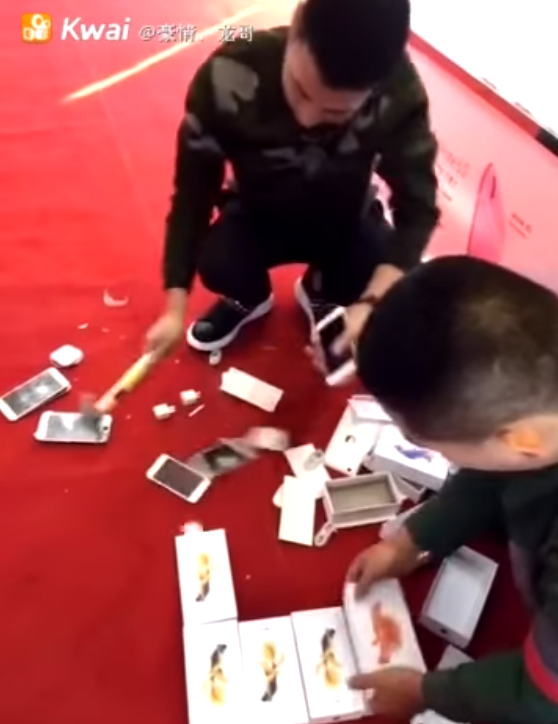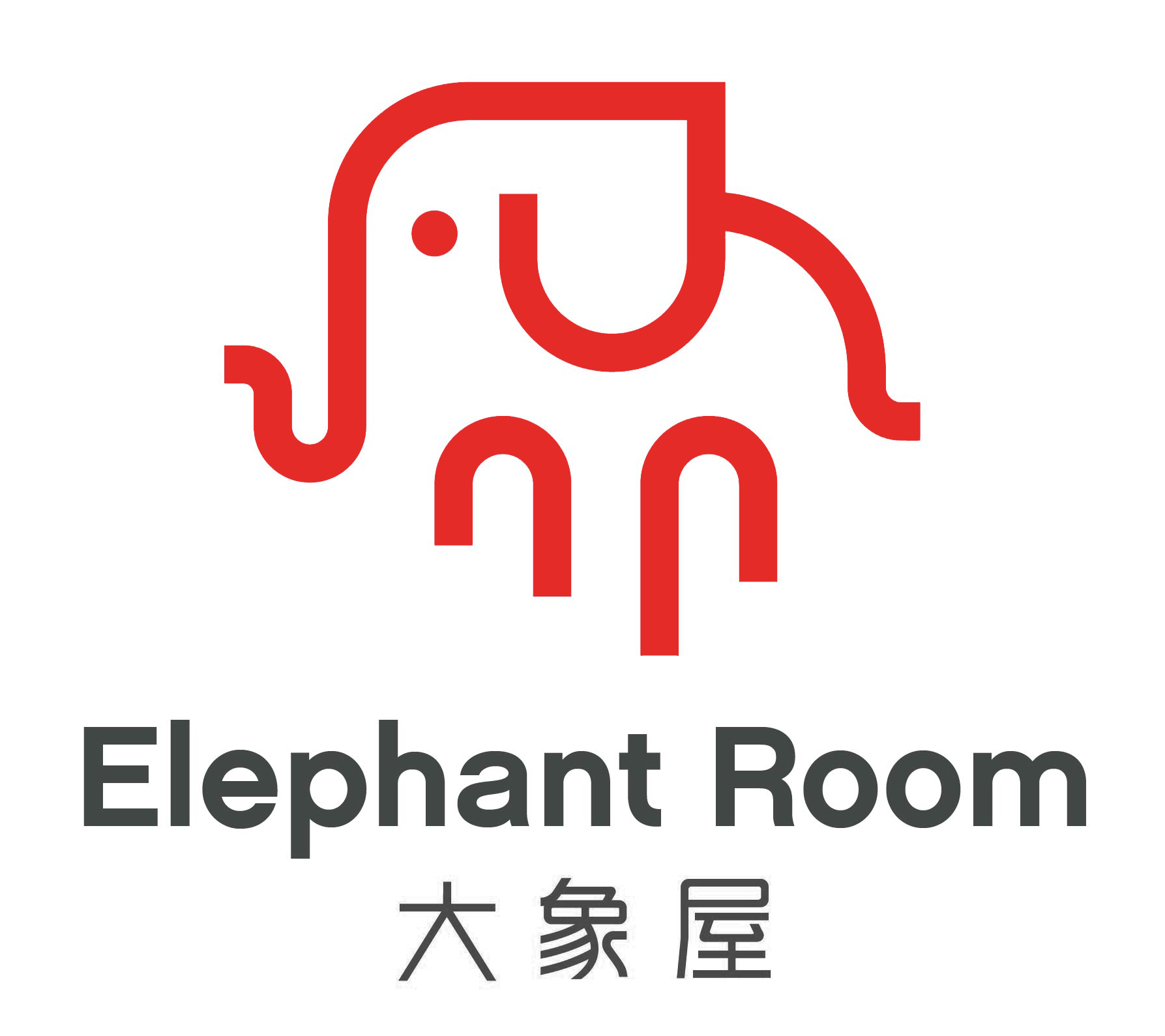[vc_row][vc_column][vc_column_text]
[/vc_column_text][/vc_column][/vc_row][vc_row][vc_column][vc_column_text]
On the latest Elephant Digest Biyi tells the origin and ideology of Little Pinkies (with great enthusiasm), so I thought we could extend the story of Chinese patriotism a little (just a little), as of who have we protested against in the Internet era?
[/vc_column_text][/vc_column][/vc_row][vc_row][vc_column][vc_column_text]
Holy War in Baidu Tieba
Tracing back the patriotism history, Baidu Tieba (or Baidu Forum) is the origin of collective Internet hacker activity in China.
As early as 2008, a group of TVXQ Chinese fans expressed their affection for their idol by depreciating the Chinese, which led to a great reaction on the Internet. Patriotic netizens started to call TVXQ fans NC (abbreviation for brain damaged), while the fans called them Fen Qing (angry youth). As the controversy heated, netizens on the WOW Tieba decided to “explode” the TVXQ Tieba by spamming with automation tools and hence shutting down the TVXQ Tieba server. The Holy War ended by Baidu taking official intervention.
Related:
The TVXQ Chinese Fan Incident & Internet War – China smack
[/vc_column_text][vc_column_text]
The U-lock
As the Diaoyu Island dispute intensified in 2012, multiple cities revolved protest against Japan. September 15th 2012, Xi’An exploded a massive protest with over 100,000 people. Patriots marched on the street, vandalizing any Japanese products they could see. The Li couple, owner of a Japanese car, were unfortunately caught by the protesting crowd. While Mrs. Li was begging the crowd to let them go, Mr. Li tried to protect his car by picking up a brick. Cai, a 20-year-old man, smashed Li’s head with a U-lock, which immediately knocked the latter to the ground.

How did this story end? Cai was sentenced to 10 years in prison for intentional injury, Mr. Li is still hospitalized, the Chinese netizens are left with the word “U-lock” to remind each other of the extreme patriotism.
Related:
Smashed Skull Serves as Grim Symbol of Seething Patriotism – NY Times
Fragments of Cai Yang’s Life – China File
[/vc_column_text][vc_column_text]
Meme War Over the “Wall”
The Chinese patriots would never approve of the independence of Taiwan, so you could imagine how they would react when a Taiwan teenager pop star waved the national flag of Taiwan on TV during the delicate period of Taiwan presidential election.
Netizens from Baidu Tieba, Weibo and other popular online forums decided to “invade” the Facebook pages of Cai Ing-wen and medias that have depreciated mainland China. They shared VPN with each other, made tutorials of how to bypass the Great Fire Wall, made stickers “with text on them, long excerpts from Chinese Communist Party propaganda such as ‘eight honors and eight shames’, declarations that Taiwan ‘belongs to China’, poetry with the sentimentality of the nostalgia and lament for motherland and even images of Chinese food that not native to Taiwan” (Wiki).

Perhaps realizing the mutual cultural background of each other, or perhaps simply amused by the stickers, the so-called Meme war ceased as a chill cultural communication. After the Memes War, the Chinese netizens happily returned to the other side of the wall, just like Facebook never existed.

Related:
Chinese Netizens Flood Tsai Ing-Wen’s Facebook Page With Anti-Taiwan Independence Posts – The Wall Street Journal
亲自参加两岸的facebook表情包大战是种什么样的体验?
[/vc_column_text][vc_column_text]
KFC and iPhone
What’s the connection between KFC and iPhone? In the Chinese patriots point of view, they are all products of the evil America that questions China’s sovereignty over the South China Sea.
In summer 2016, the Permanent Court of Arbitration rejected China’s historic claims to the South China Sea. Naturally, Chinese patriots were outraged.
Perhaps there isn’t much product to boycott for the country that lodged the case (Philippines), patriots decided to act against its ally, America. They gathered outside of KFC and other American fast-food chain, shouting anti-US slogans and preventing customers entering the store. A kindergarten teacher even led a group of children to boycott wearing t-shirts printed with the map of China. Videos of people smashing iPhones also went viral, because of course, Apple belongs to the evil America. In one of the videos a patriot said, “Every penny you spent on the American product will be used to make the US missile that attacks us.” To prevent things getting out of control, the Chinese state media started to criticize such irrational patriotism.


Related:
Chinese Consumers Aren’t Chicken Over the South China Sea Dispute – Time
China’s media criticises anti-US protests at KFC outlets as jingoistic – BBC
[/vc_column_text][vc_column_text]All the protests above are initiated by Chinese patriots, but they differ in terms of the way of protesting and the generation of protesters. The internet-savvy millennial generation often protests online. The offline protest and boycott on the other hand, although also spread through social platforms such as WeChat and Weibo, constitute of mixed generations and often the less educated.
The recent protests against Korea, however, is a mixture of both online and offline activities. Middle aged generations called boycott against the Lotte Group while the youth flooded any online posts that tries to speak for Korea, which makes me wonder, have all the riots left us nothing except from the memes?
When Biyi and I started Elephant Room, we never wanted to get too politically involved. So this newsletter ends here with the question above, as our effort to restore a little rationality while the dispute over Korea heats over the Internet. We’ll continue to bring interesting, and perhaps more cheerful news about China from the next one :).
Thank you and see you next time.
Yan & Biyi[/vc_column_text][/vc_column][/vc_row][vc_row][vc_column][/vc_column][/vc_row]
